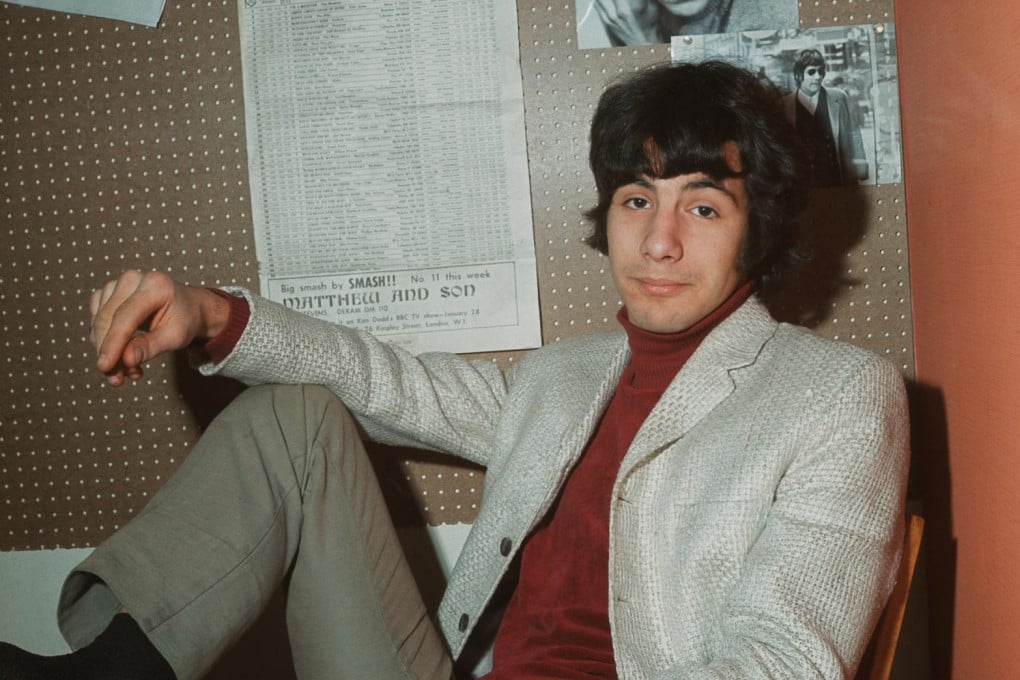The former Cat Stevens looks forward to entering the Rock and Roll Hall of Fame
Yusuf Islam, the musician once known as Cat Stevens who is to be inducted into the Rock and Roll Hall of Fame in April, tells Randy Lewis why he sees no clash between celebrity and spirituality

How does a man who turned his back on the world of sex, drugs and rock'n'roll in a quest to be closer to God feel about being welcomed into an institution whose very name celebrates the culture of fame?
"Even though it's taken time, I've always been an optimist," says the 65-year-old musician born Steven Georgiou, formerly known as Cat Stevens and who now uses the name Yusuf. "I was brought up on the view that if you wait patiently until the end of the story, the good people will live happily ever after. So this is sort of a fulfilment of that idea."
If there are any rules to … rock'n'roll, only a couple of times did I actually conform to those rules
The appearance of Yusuf's name among the latest round of inductees into the Rock and Roll Hall of Fame carries more than a hint of irony for anyone who paid attention to the British singer and songwriter's career during the 1960s and '70s.
Yusuf earned his place as a fully fledged pop star - a sex symbol even - through a string of hits including Peace Train, Wild World, Morning Has Broken and Oh Very Young. Many of his songs, however, contained cautionary messages about the dangers of being seduced by the material world, advising listeners to seek out something more enduring than the fleeting pleasures earthly life has to offer.

There's already been some online grousing about his selection for the hall by rock fans whose definition of what constitutes rock'n'roll is limited to musicians who wield electric guitars in conventional guitar-bass-drums line-ups.
"The whole institution of the Rock and Roll Hall of Fame started after rock'n'roll [came into being]," Yusuf says. "So it has come in as a kind of a snapshot of history, and that means in the end it's all about music. It's not just a matter of a panel of judges talking about their choices and names - it's to do with the music. From that point of view, it sounds interesting, although I haven't actually seen what happens at these kind of inductions."